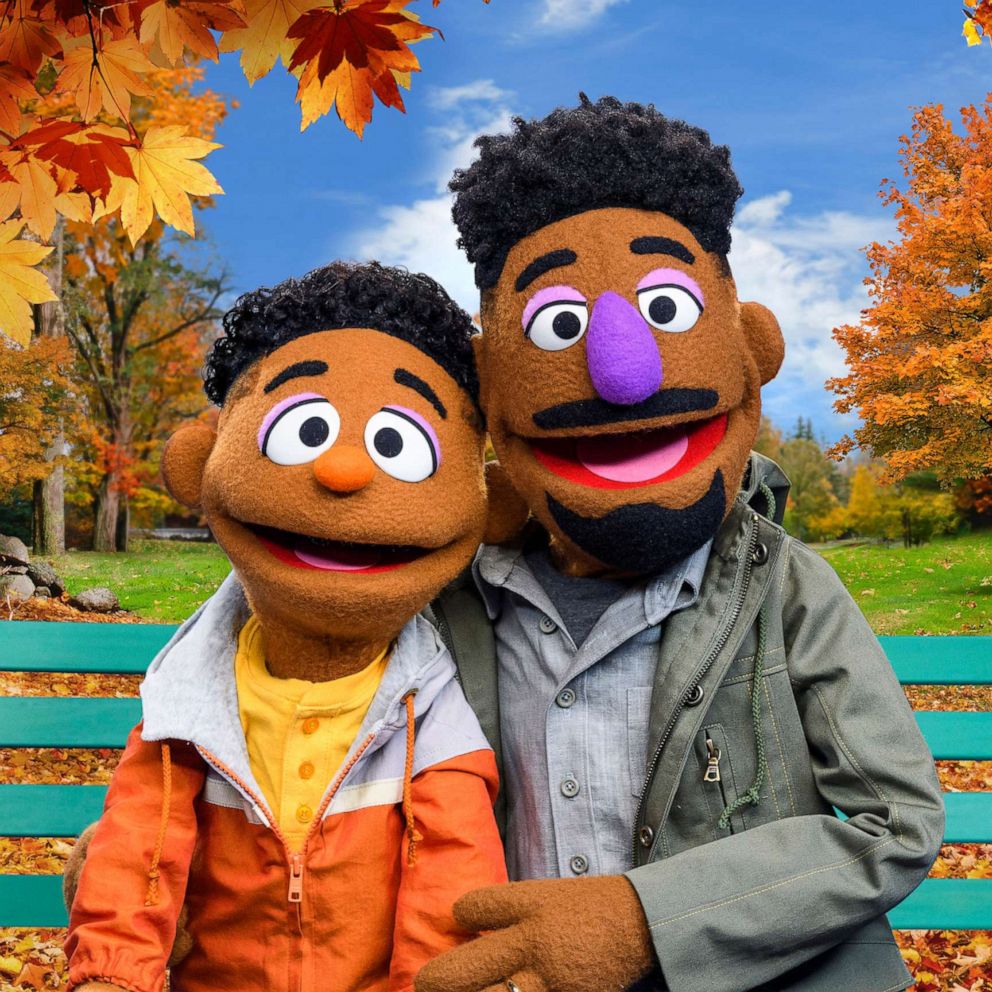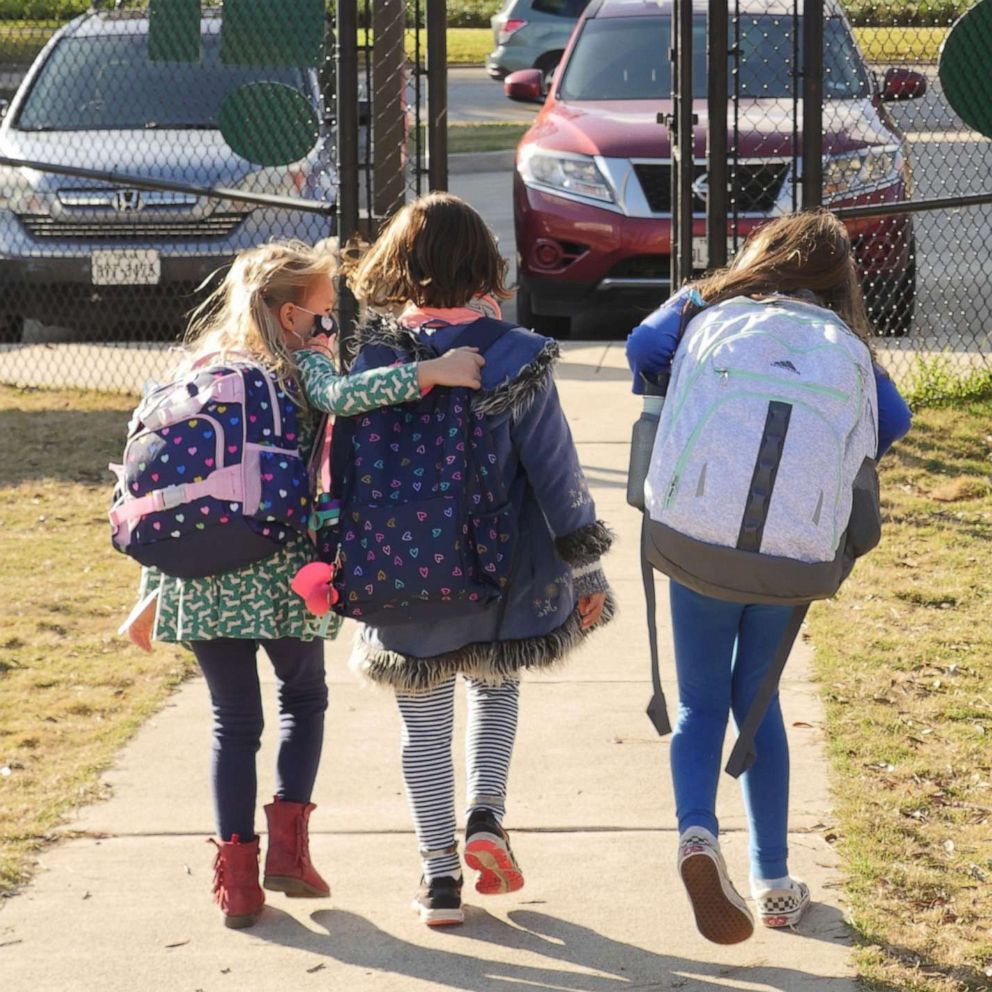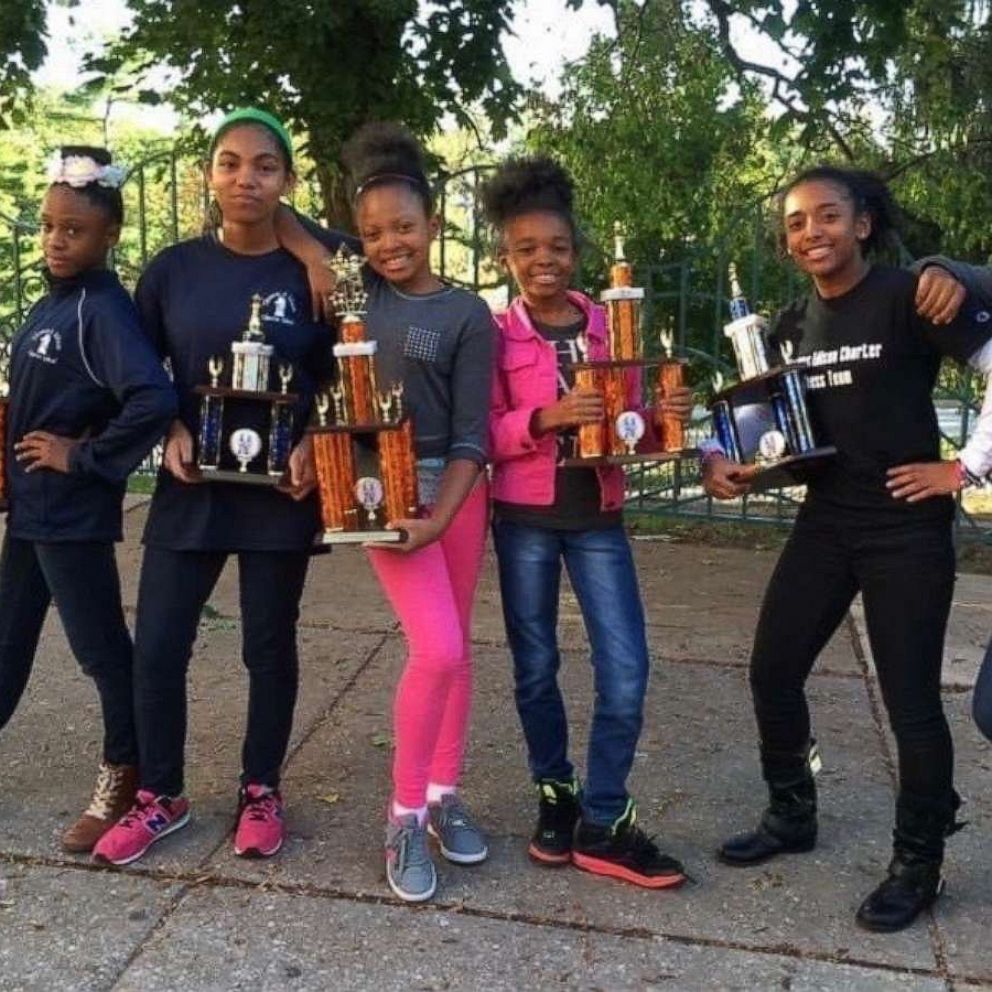If we want more resilient adults, we need to teach resilience to all kids
Learning how to bounce back with grace takes intention, help and practice.
For years, science has looked at what makes someone resilient and able to positively adapt in the face of adversity.
While early studies suggested that resilience depends on inherent traits that we have as individuals, newer studies suggest that resilience is a dynamic process that in large part can be taught, practiced and strengthened -- kind of like building an internal toolbox to help you manage external stress. And the sooner it's taught, the better.
"This pandemic has shown us the need to bob and weave constantly," said Dr. Aude Henin, psychologist, co-director of the Massachusetts General Hospital (MGH) Cognitive Behavioral Therapy Program and clinical director of the MGH Child Resiliency Program.
Learning how to bounce back with grace takes intention, help and practice. As a child psychiatrist, I regularly work with kids beyond therapy and medications to improve aspects of their lifestyle -- such as sleep, nutrition and exercise -- and strengthen their coping skills. By practicing skills together during stable times, the child is better able to navigate stressors when they arise.
Why resilience training?
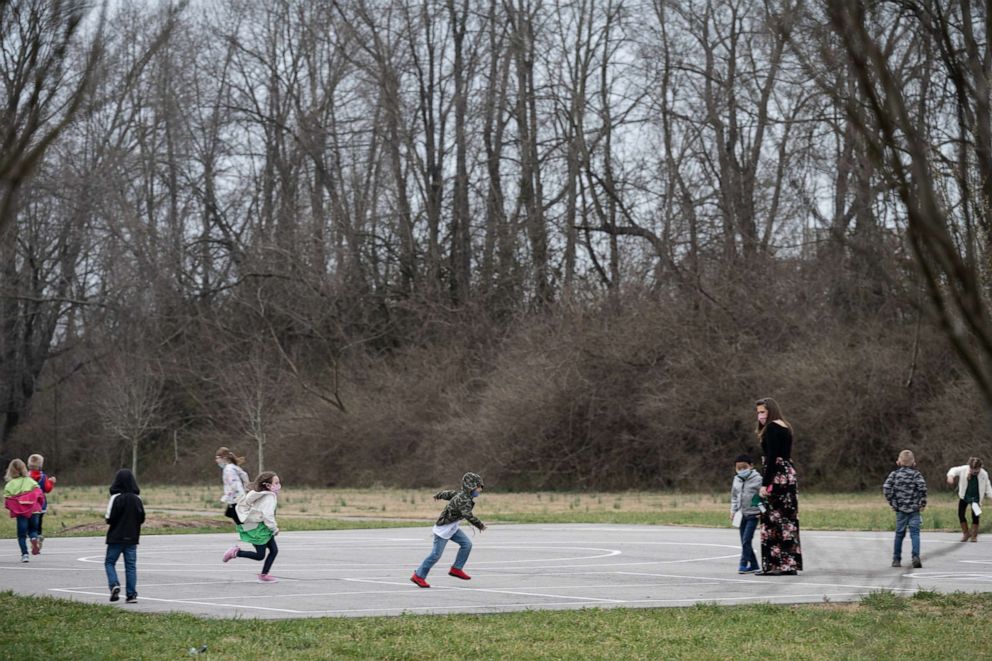
There's a growing movement to teach resilience skills to children on a larger scale, like in classrooms, summer camps and clinics. By recruiting the help of educators, parents and local organizations, we can teach resilience proactively and with intention instead of reactively.
"Resilience training is critical because our children are subject to substantial amounts of stressors and without those tools one of the natural responses is to feel helpless, hopeless, anxious or depressed," said Dr. Tim Wilens, chief of child and adolescent psychiatry at MGH and one of the founders of the Child Resiliency Program. "By teaching them resilience, we are giving kids tools to function better in the world."
Wilens said that resiliency training needs to include different techniques so that kids can find which ones resonate for them. This means interventions like mindfulness and meditation that are focused on dampening your physiological stress response, coping skills to better navigate feelings and cognitive behavioral interventions, which are based on identifying feelings and better managing the responses.
Henin described MGH's resilience training program structure as a pyramid, separating children into tiers to ensure everyone's individual needs are met.
"We're trying to train primary care physicians, teachers and parents to notice early signs and symptoms for the kids in the middle tiers while getting the top-tier kids to clinical services and delivering general skills training on things like meditation, coping and healthy lifestyle measures for everyone," she said.
The resilience training programs are implemented at colleges, urban grade schools in Boston and community organizations like the Boys and Girls Club of Roxbury, with plans to expand.
One size doesn't fit all
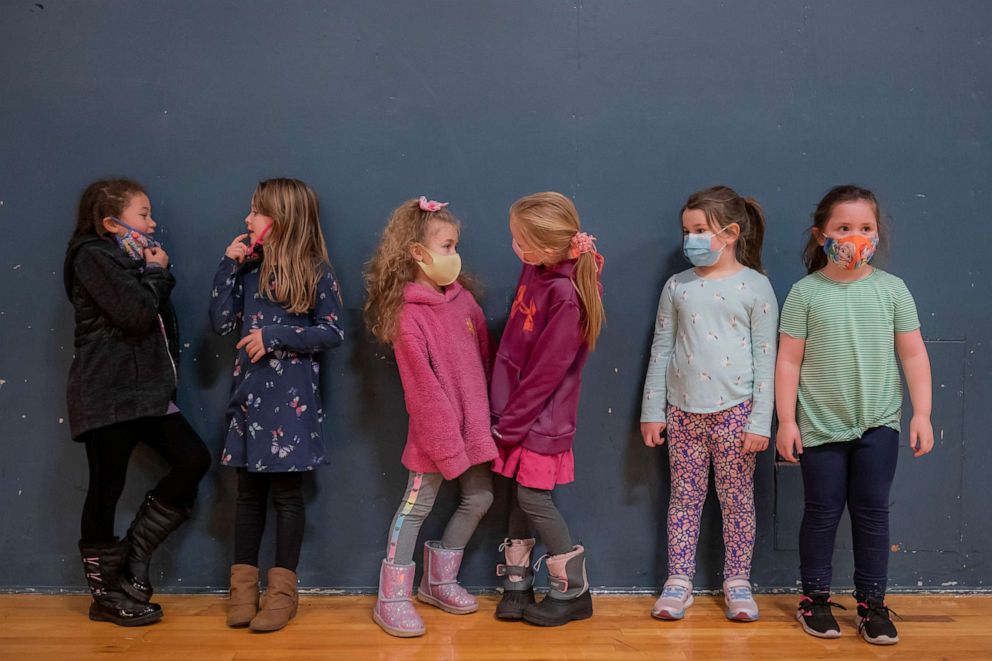
To teach a child resilience, we must honor the context in which that child exists in the world. That context will look different for everyone.
"When your life circumstances are chronically overwhelming, it's harder to build resilience," said Henin. "When you don't have safety or food security, you're taxing your stress system over and over. People who have power and privilege don't even have to think about those things."
Wilens said that this was a key part of designing the program: "One of the biggest lessons we have learned is that you have to deliver a resiliency program that appreciates the child's age, developmental capacity, socioeconomic circumstances and culture."
One program tailored toward older teens and young adults was launched at Champlain College in collaboration with the MGH Child Resiliency Program. The program includes students and educators in its first phase, recognizing the value of a multi-pronged approach and paving a path for other universities.
"Our ultimate goal is to create a community where young minds are being developed into healthy global citizens that will be able to find success, thrive and contribute in an ever-changing world, especially as 'ever-changing world' is now being redefined in unfathomable ways," said Leslie Averill, Champlain's vice president for academic affairs and chief operating officer.
The future of resilience training
So far, preliminary results across the college, school and community programs have been positive.
"People have been implementing the strategies," said Henin. "Many are really using the tools. We want to make this a part of the oxygen around them so that even if it's later on that they're ready to use the skills, they have them."
Moving forward, one of the main challenges will be how to engage those who need resilience training the most. If we turn our focus to parents, we can give them tools to help teach kids these skills at home.
Parents can focus on teaching kids skills to cope with big feelings in the moment, like deep breathing to calm nerves, distractions from emotions like writing, drawing or reading, or feel-good, stress-busting activities like music or exercise.
It's time for mental health and well-being to be prioritized before it turns into the psychological equivalent of late-stage cancer. This means implementing preventative measures at a population level, like teaching all kids how they can bounce back more easily in the face of stress. These are the skills that stay with them through adulthood and ultimately influence their health.
You can learn more about resilience from the American Psychological Association and Massachusetts General Hospital.
Dr. Neha Chaudhary is a child and adolescent psychiatrist at Massachusetts General Hospital and Harvard Medical School, advisor to Brightline, a virtual behavioral health home for kids, and medical adviser to Pace, a virtual platform for emotional health groups.
